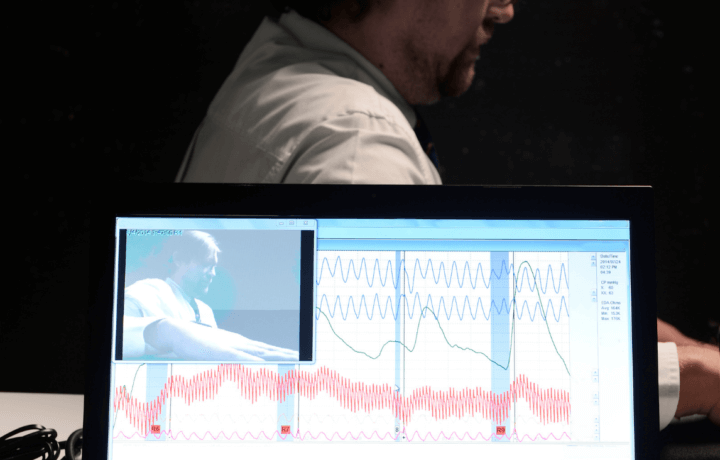I sat down with a former government polygraph examiner to see what information I can pass along to our readers (with prepublication approval, of course). We explored some commonly-asked questions that polygraph examiners get. Previously, we asked if examiners are trained to recognize lying versus nervousness when sitting for a polygraph. Then we focused on the nerves and what to do to keep those at bay to get the most accurate read on distinguishing those nerves.
We are back with our third question hoping to gain some insight into honesty and guidance on how honest is too honest…and is there such a thing?
Q: How honest is too honest?
A: “You need to be 100% honest even if it is something you do not feel is relevant. Regardless of if it is embarrassing, you should still share it with your examiner if it is on your mind.”
I don’t know about you, but I fully operate under the concept of loose lips sync ships in my everyday life. When you’re out and about, everyone in our industry gets asked the probing career question, “What do you do for work?” We never overanalyze or give away information that a random person is searching for. It usually is a blanket statement that comes down to “government work.” Why? Well, because 1. it’s none of their business, and 2. we aren’t the types to want to talk about ourselves or our work. If we did, we probably would be in another career field. When it comes time for the polygraph, it can take a minute for our brains to adjust to being comfortable to share the deep dark secrets. We must do it, we know that. We need our brains to sync up to our heart rates to give our mouths the green light.
Exploring further on why honesty can internally feel abrasive at times, Trisha Kelly-Serrato, MAS-MFT, LMFT (Owner/Clinical Director) of Life in Motion AZ says, “It is not uncommon for people to associate honesty with feelings of anxiety. If we can recognize that being honest will always serve the greater purpose, it is worth pushing through those anxieties. It’s not an easy task, but the more we practice honesty with ourselves and others, the easier you will find it to be and the less anxiety you will incur.” Between a polygraph examiner and a Licensed Marriage & Family Therapist, I think its safe for us all to conclude honesty will always be our best policy.




